Companion Plants For Chard: What Grows Well With Chard
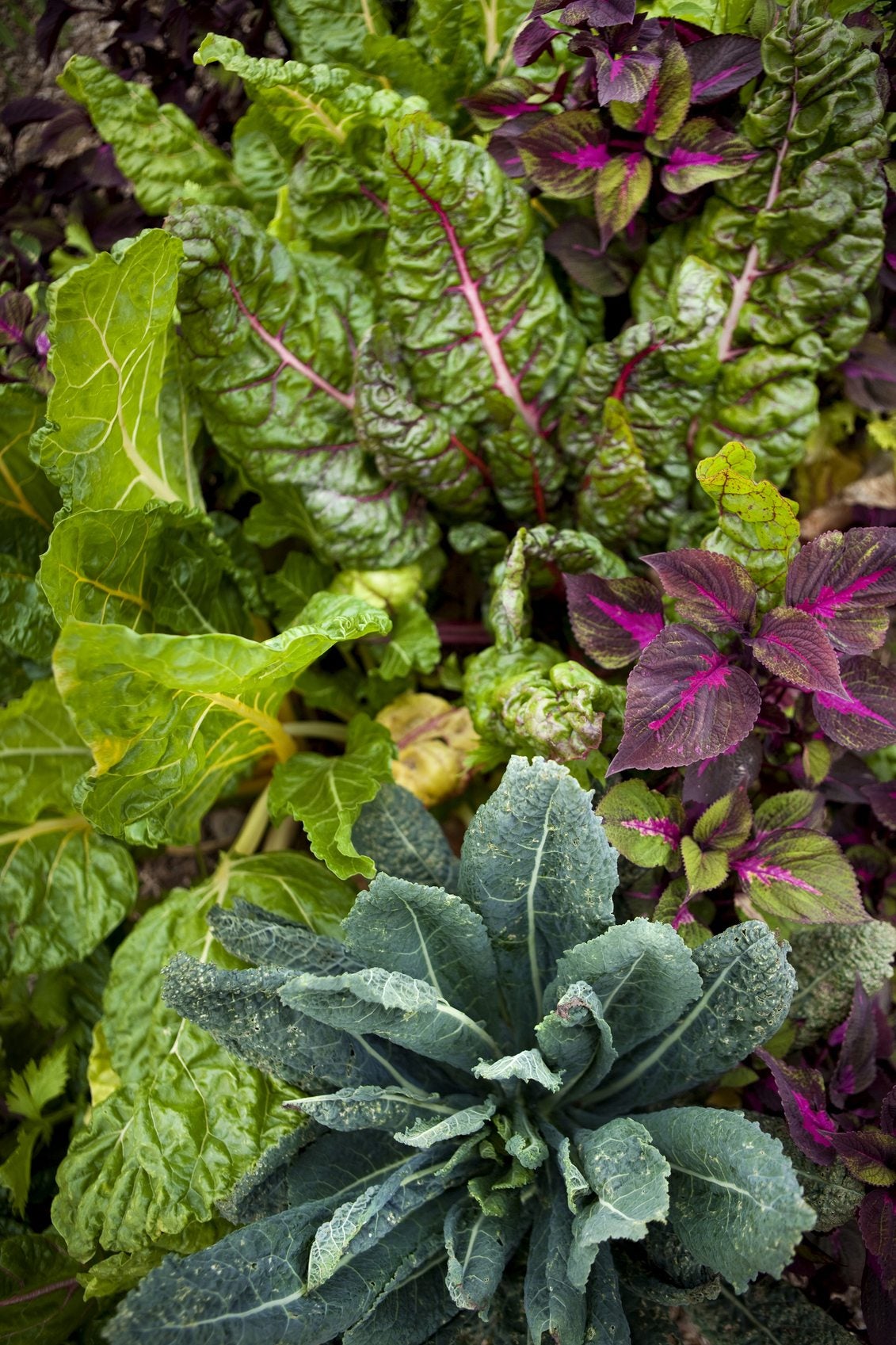
Swiss chard is a leafy green vegetable high in vitamins and minerals that can withstand higher temps and minor drought more easily than other nutrient rich greens, such as spinach. Chard also has the added bonus of being quite ornamental, making it perfect for companion planting with chard. Companion plants for chard may be vegetable in nature or purely for aesthetic purposes, such as with perennial or annual flowers. So, what does grow well with chard?
Companion Planting with Chard
Utilizing companion plants for chard or other vegetables is a natural way to create diversity in the garden. A garden that is rich in diversity will in turn deter pests and diseases that seek out like species. It also engenders habitats that are safe havens for beneficial creatures. Planting companion plants for chard takes out some of the human involvement, allowing you to create a more organic garden. When choosing chard plant companions, consider that the green gets fairly large at maturity, which can crowd out smaller plants. Choose chard companion plants that will mature after the chard is ready to harvest so they aren’t overshadowed.
What Grows Well with Chard?
Many vegetables and flowers make suitable chard plant companions. Tomatoes, one of the most popular vegetables, do quite well when paired with chard. Also, everything in the cabbage or Brassica family takes to growing with chard quite well, as does anything in the Allium family. Beans are excellent chard companion plants. The Swiss chard will be ready to harvest by the time the beans are getting ready to have a growth spurt and overshadow the chard. In the meantime, the chard shades the tender bean seedlings and helps to retain soil moisture. Radishes, lettuce, and celery also thrive when comingled with Swiss chard.
Plants to Avoid
Just as in life, humans don’t always get along with each other, and so it is botanically in nature. Swiss chard doesn’t get along with everybody. Take herbs, for example. Chard is not a fan of most herbs with the exception of mint. These two make great garden buddies. Chard also shouldn’t be planted near potatoes, corn, cucumbers, or melons. All of these will either compete for soil nutrients or foster harmful pests.
Gardening tips, videos, info and more delivered right to your inbox!
Sign up for the Gardening Know How newsletter today and receive a free copy of our e-book "How to Grow Delicious Tomatoes".

Amy Grant has been gardening for 30 years and writing for 15. A professional chef and caterer, Amy's area of expertise is culinary gardening.
-
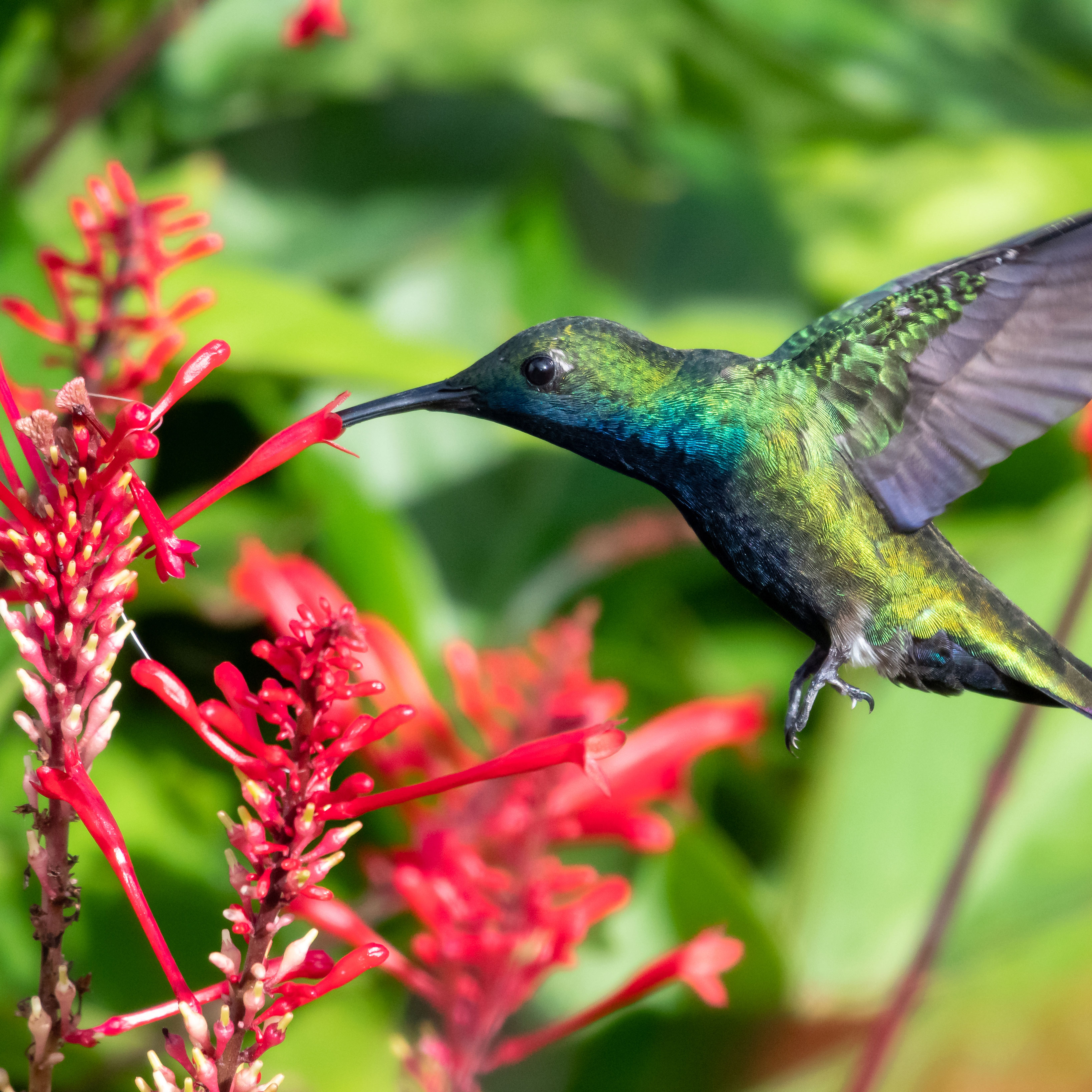 Terrifically Tubular Flowers For Hummingbirds: 9 Tube-Flowered Plants To Attract Hummers
Terrifically Tubular Flowers For Hummingbirds: 9 Tube-Flowered Plants To Attract HummersGrowing tubular flowers for hummingbirds helps you create the optimum feeding conditions for your winged friends. Here are nine tubed delights for hummers
By Tonya Barnett
-
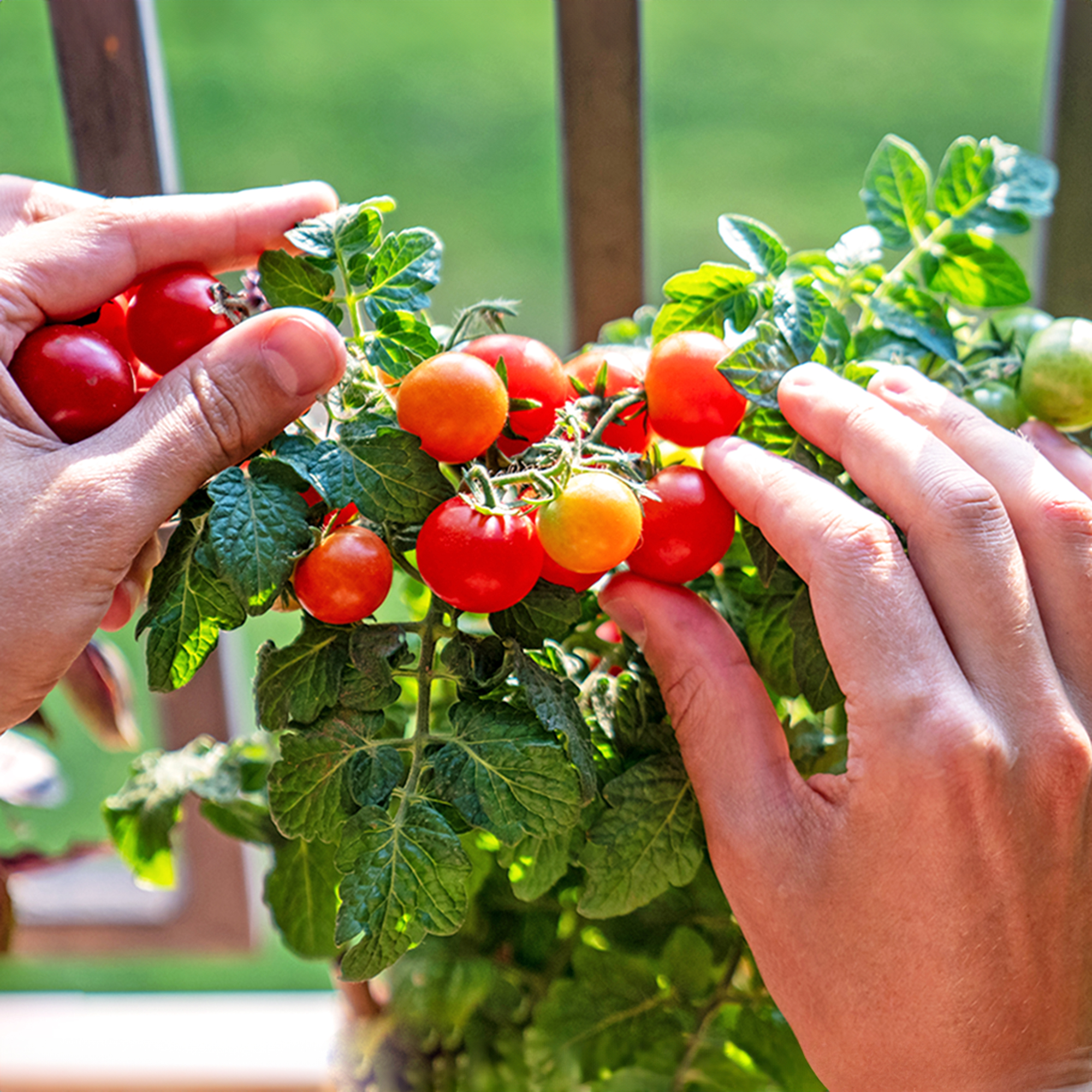 How To Grow Hydroponic Tomatoes For Fresh Indoor Harvests – No Soil Required
How To Grow Hydroponic Tomatoes For Fresh Indoor Harvests – No Soil RequiredLearning how to grow tomatoes in water is easy and allows you to harvest fresh-home-grown produce in every season without any mess.
By Ellen Wells
-
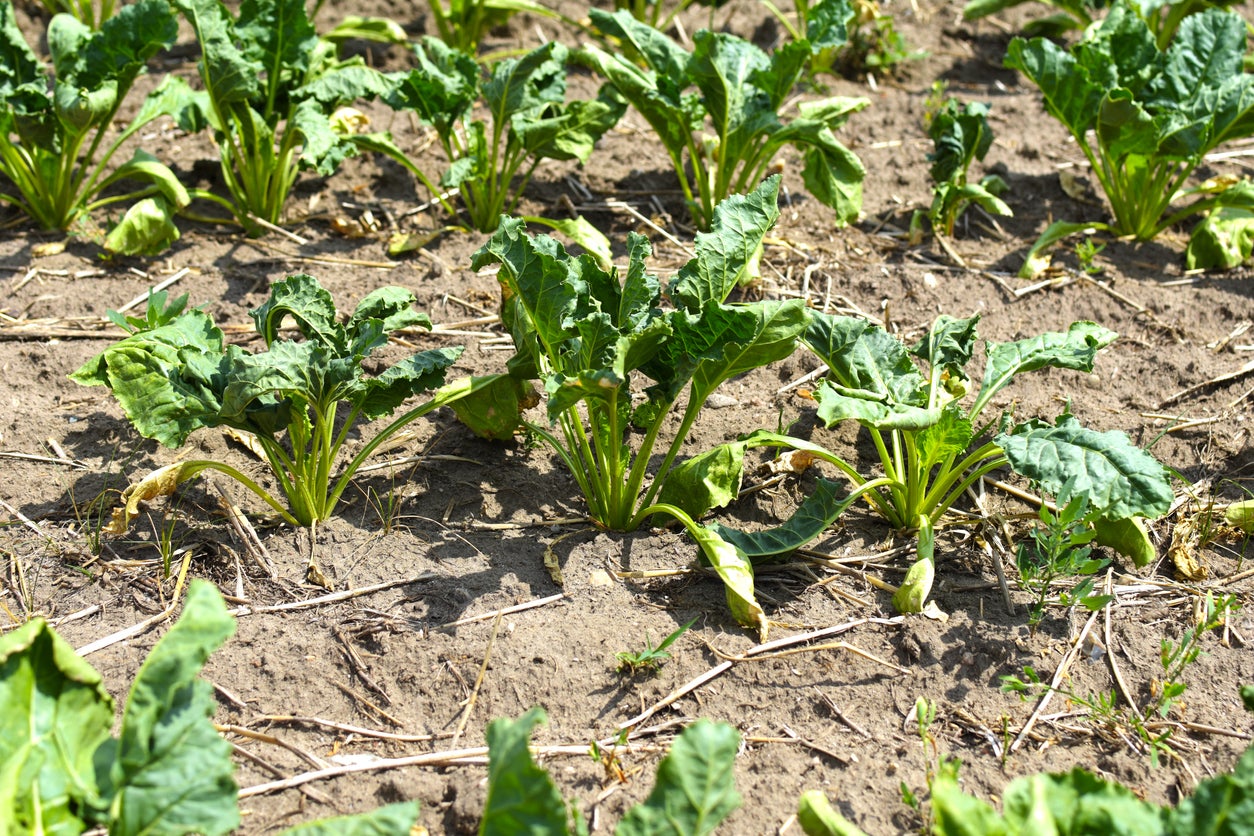 Wilting Swiss Chard Plants: Why Is My Swiss Chard Wilting
Wilting Swiss Chard Plants: Why Is My Swiss Chard WiltingSwiss chard is a great garden plant that's easy to grow and get a lot of success from, but like anything, it's not a guarantee. Sometimes you hit a snag, like wilting. Wilting is actually a really common problem, but it only has a few causes. Learn more here.
By Kristi Waterworth
-
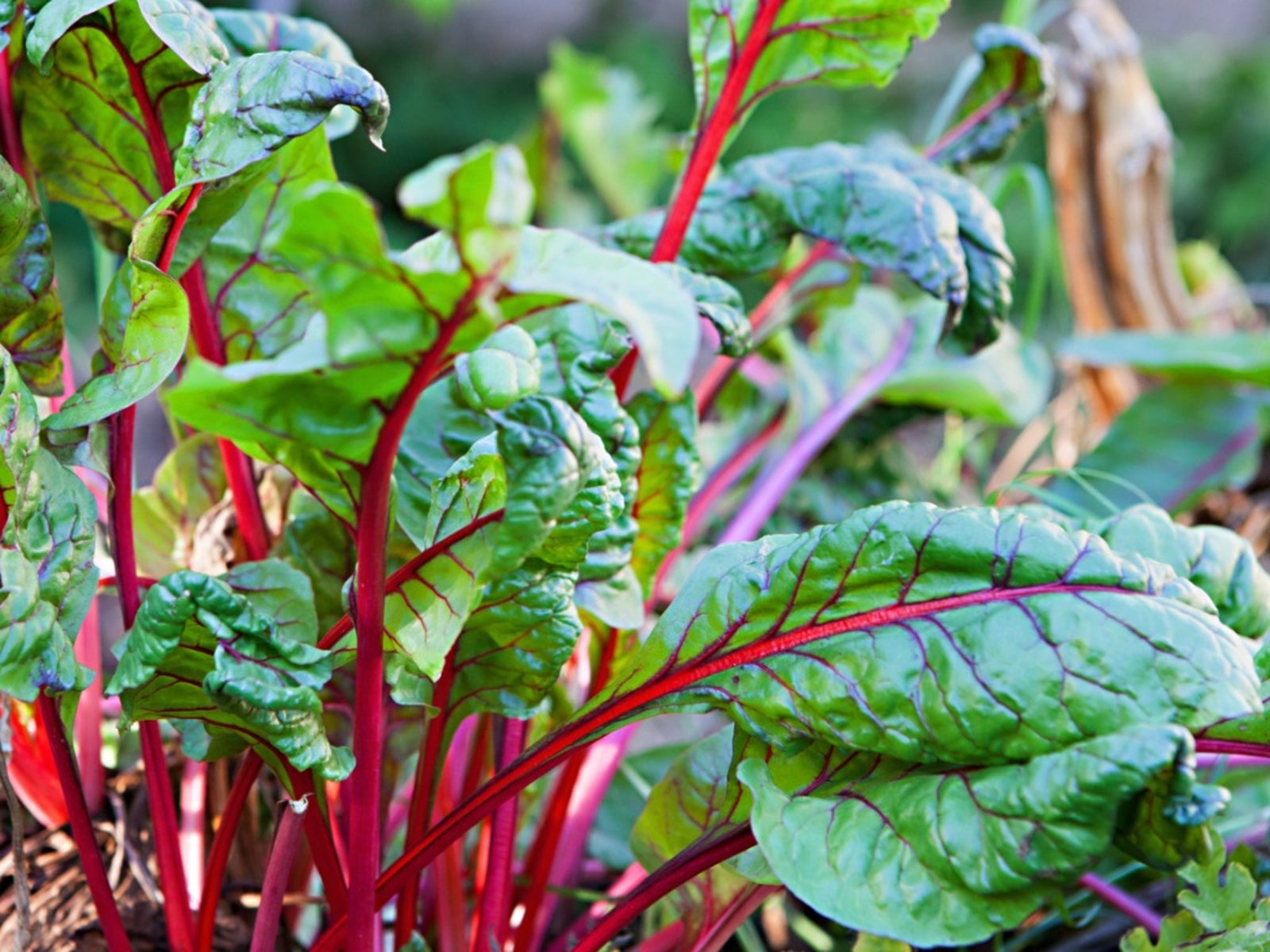 Why Did My Chard Bolt: What To Do With Bolted Chard Plants
Why Did My Chard Bolt: What To Do With Bolted Chard PlantsChard is a great addition to any vegetable garden. Not only is it pretty, but the leaves are tasty, versatile, and very good for you. Grown in the cooler seasons, chard typically won't bolt in summer. If you do have bolting chard plants, all is not lost. Learn more here.
By Mary Ellen Ellis
-
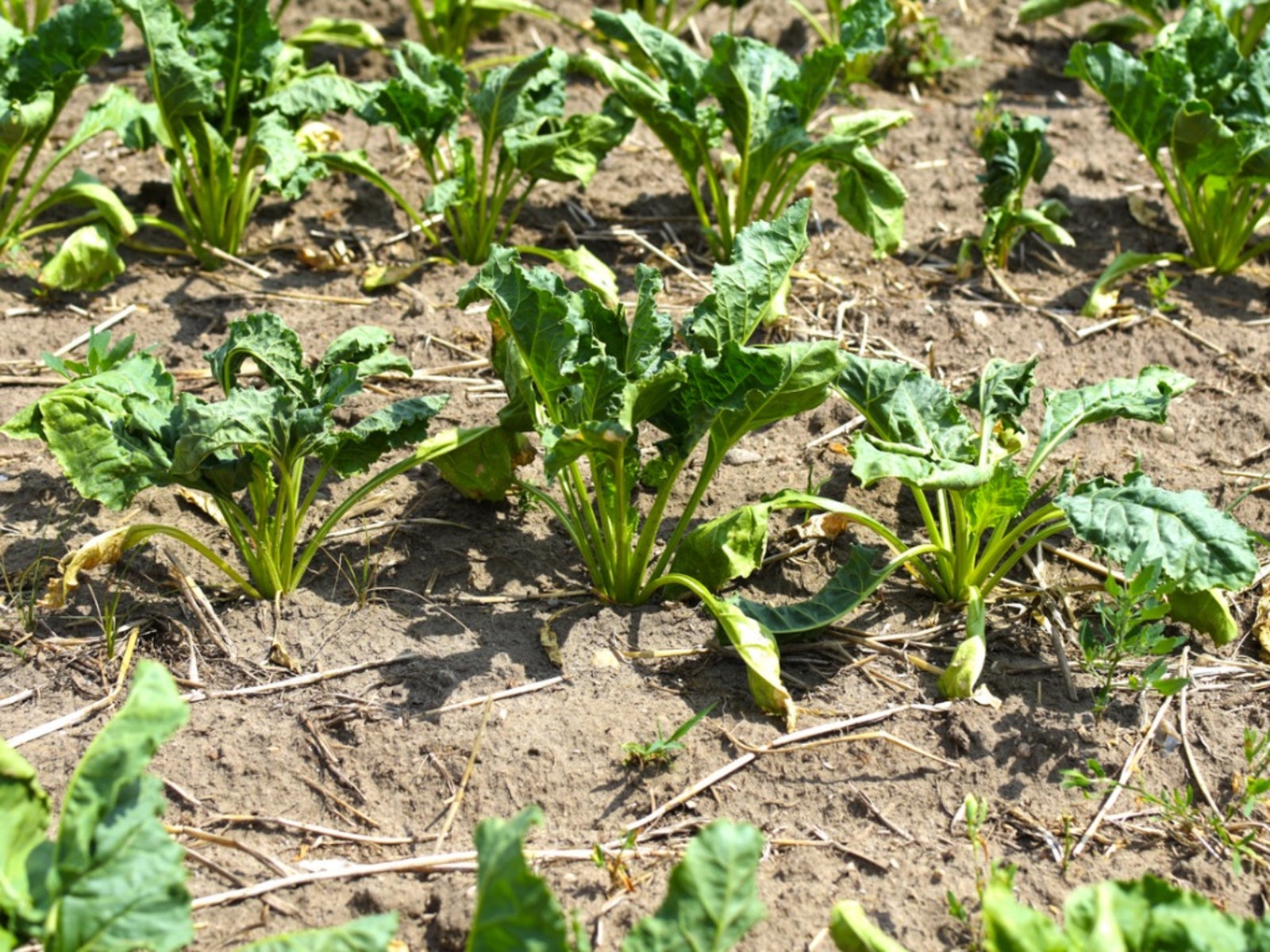 Sick Swiss Chard Plants: Identifying Signs Of Swiss Chard Disease
Sick Swiss Chard Plants: Identifying Signs Of Swiss Chard DiseaseSwiss chard diseases are not numerous, but just one of them can wipe out your crop for the year. But, if you know about these diseases and pests, you can take steps to prevent or treat them and save your harvest. Learn more in this article.
By Mary Ellen Ellis
-
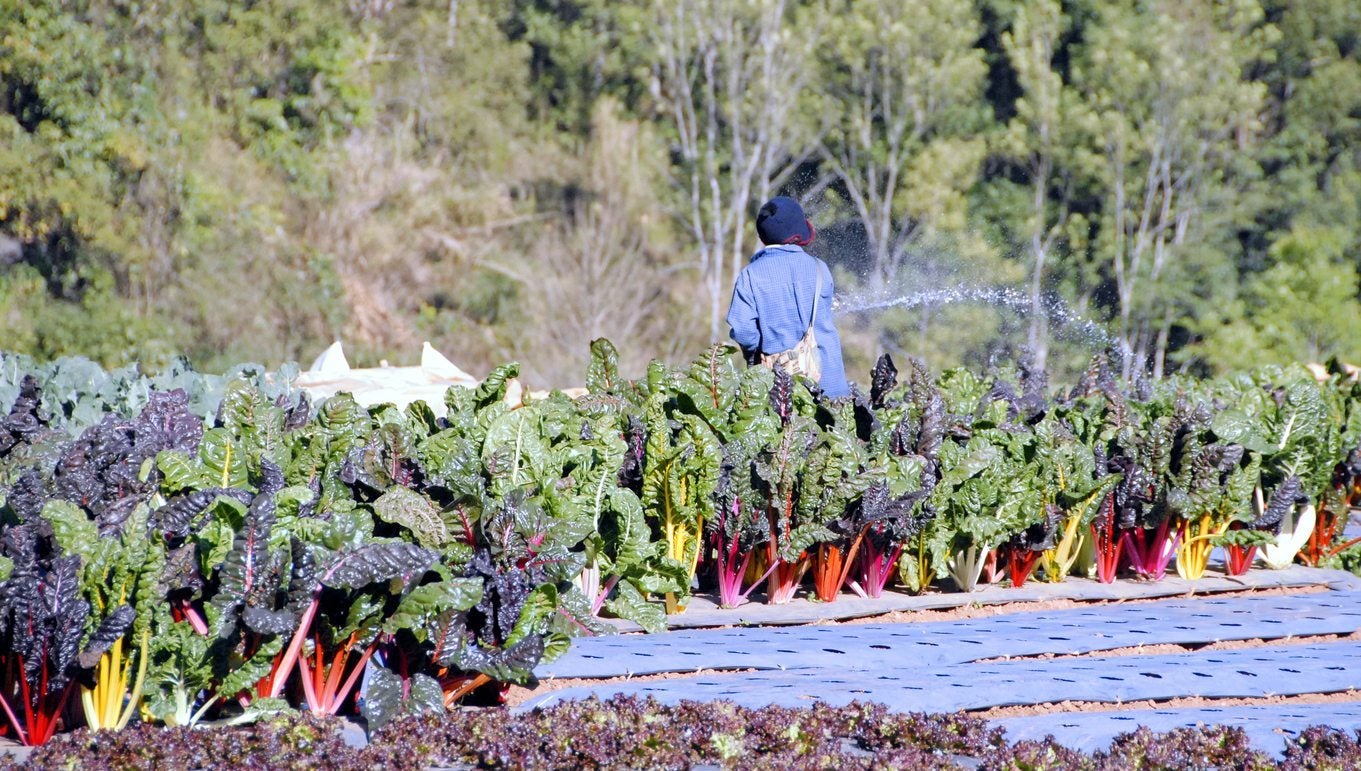 Cold Hardy Swiss Chard – Can Swiss Chard Grow In Winter
Cold Hardy Swiss Chard – Can Swiss Chard Grow In WinterSwiss chard not only grows well in the hot temperatures of summer, but it also tolerates frost. In fact, chard may actually taste better when it?s grown in cold weather. Click this article for information on caring for Swiss chard in winter.
By Ilana Goldowitz Jimenez
-
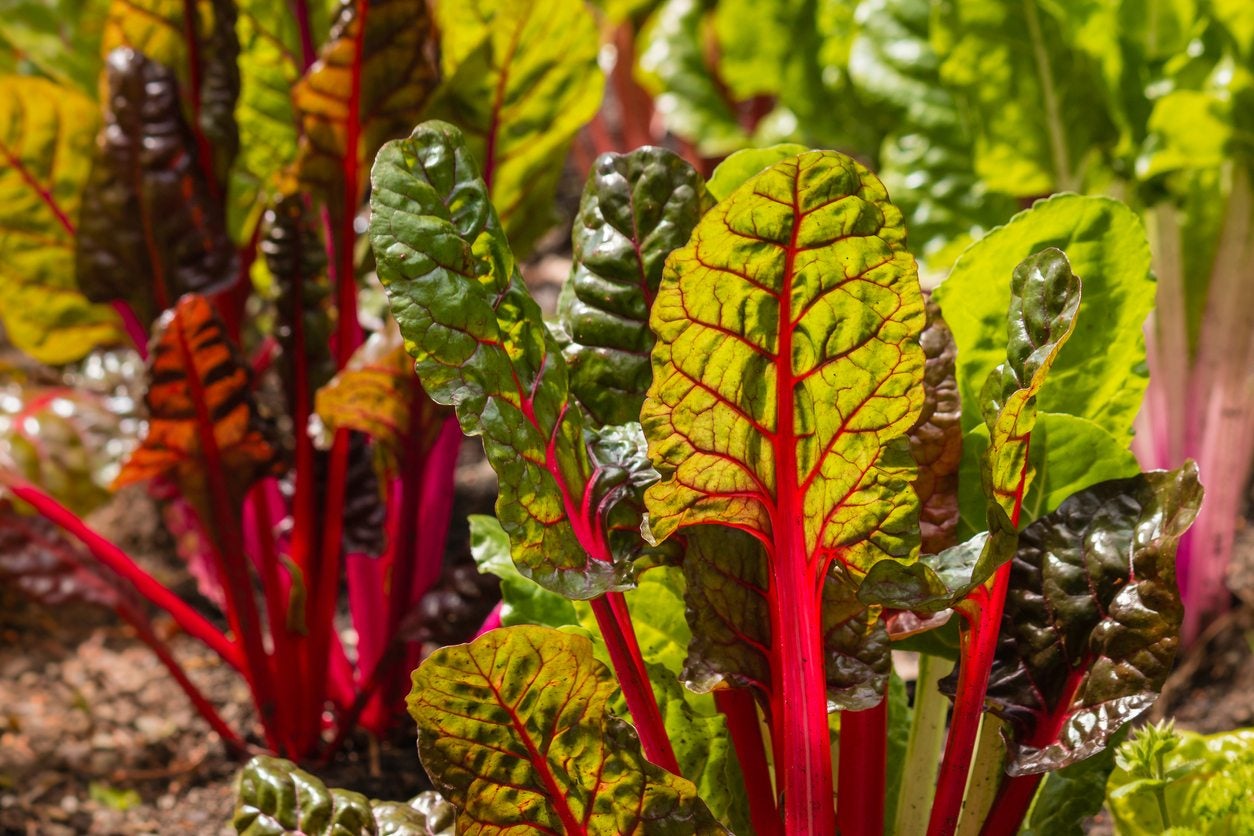 Swiss Chard Fall Planting: When To Plant Chard In Autumn
Swiss Chard Fall Planting: When To Plant Chard In AutumnGrowing Swiss chard in autumn allows you to get a final harvest since it is a cool season plant. In order to successfully get a harvest before the freezing weather comes, you have to know when to plant chard in autumn. This article will help with that.
By Bonnie L. Grant
-
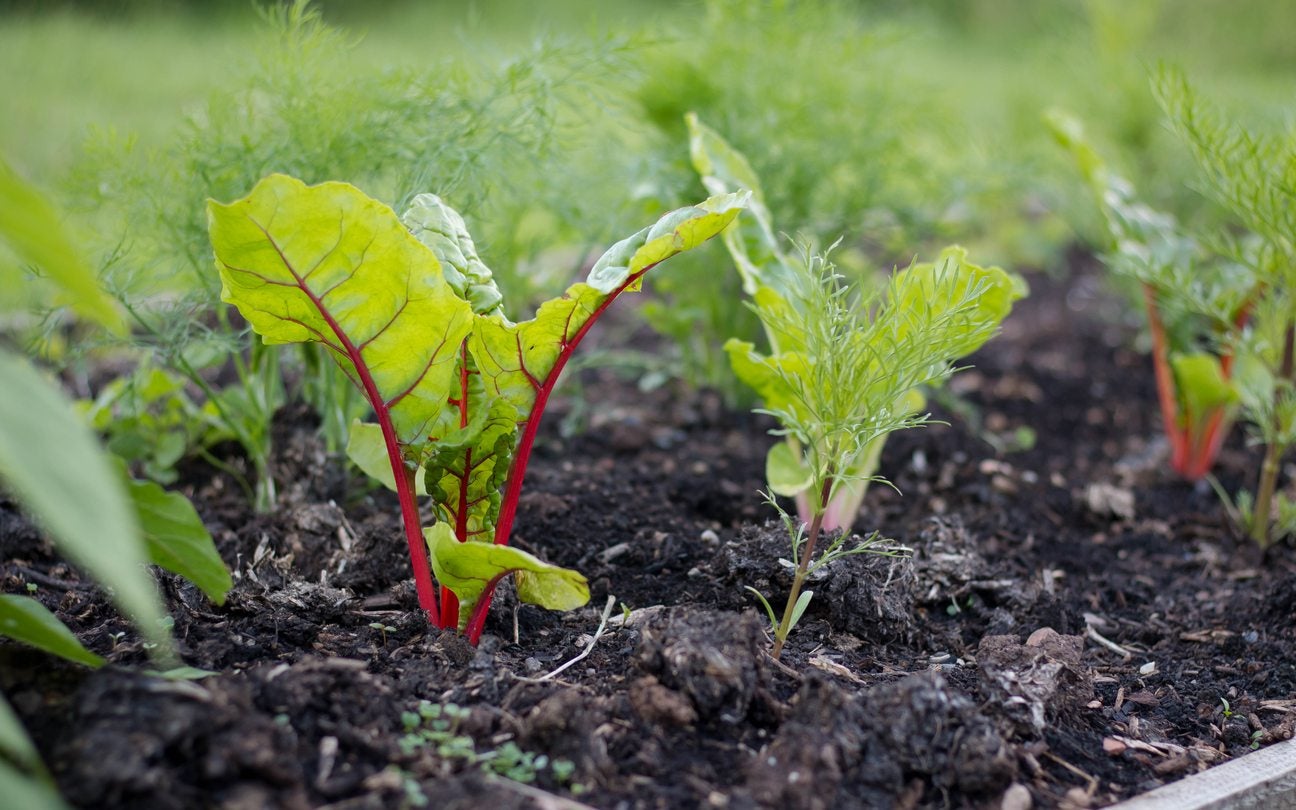 Swiss Chard Spring Planting: When To Plant Chard In Spring
Swiss Chard Spring Planting: When To Plant Chard In SpringSwiss chard can be planted early in spring or midsummer. Chard in summer can bolt and get bitter, though, so Swiss chard spring planting is one of the better times to sow and harvest this healthy, delicious plant. Learn more about spring planting chard here.
By Bonnie L. Grant
-
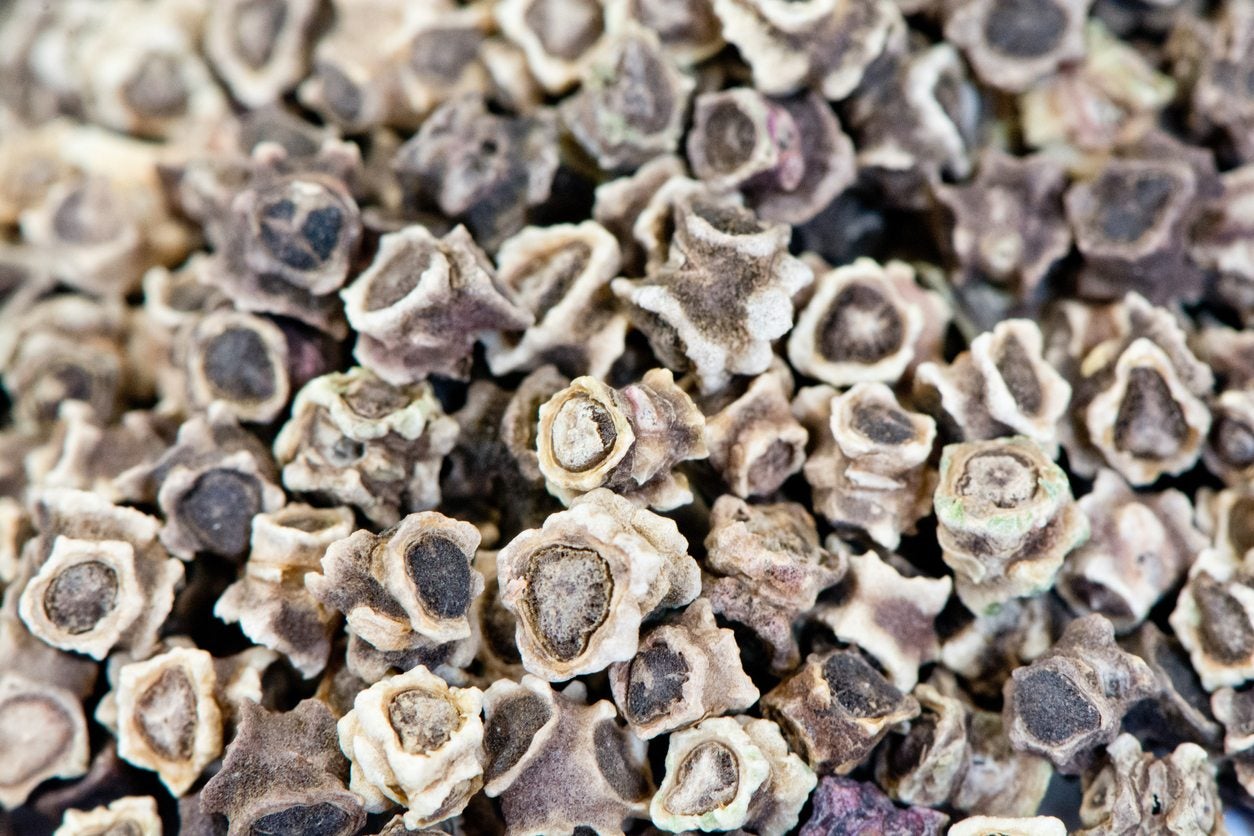 Swiss Chard Seed Care: How To Plant Swiss Chard Seeds
Swiss Chard Seed Care: How To Plant Swiss Chard SeedsChard can be started early in the spring and counted on not to bolt (usually) in the heat of summer. You can learn more about Swiss chard seed care and when to sow Swiss chard seeds in the article that follows. Click here for more information.
By Liz Baessler
-
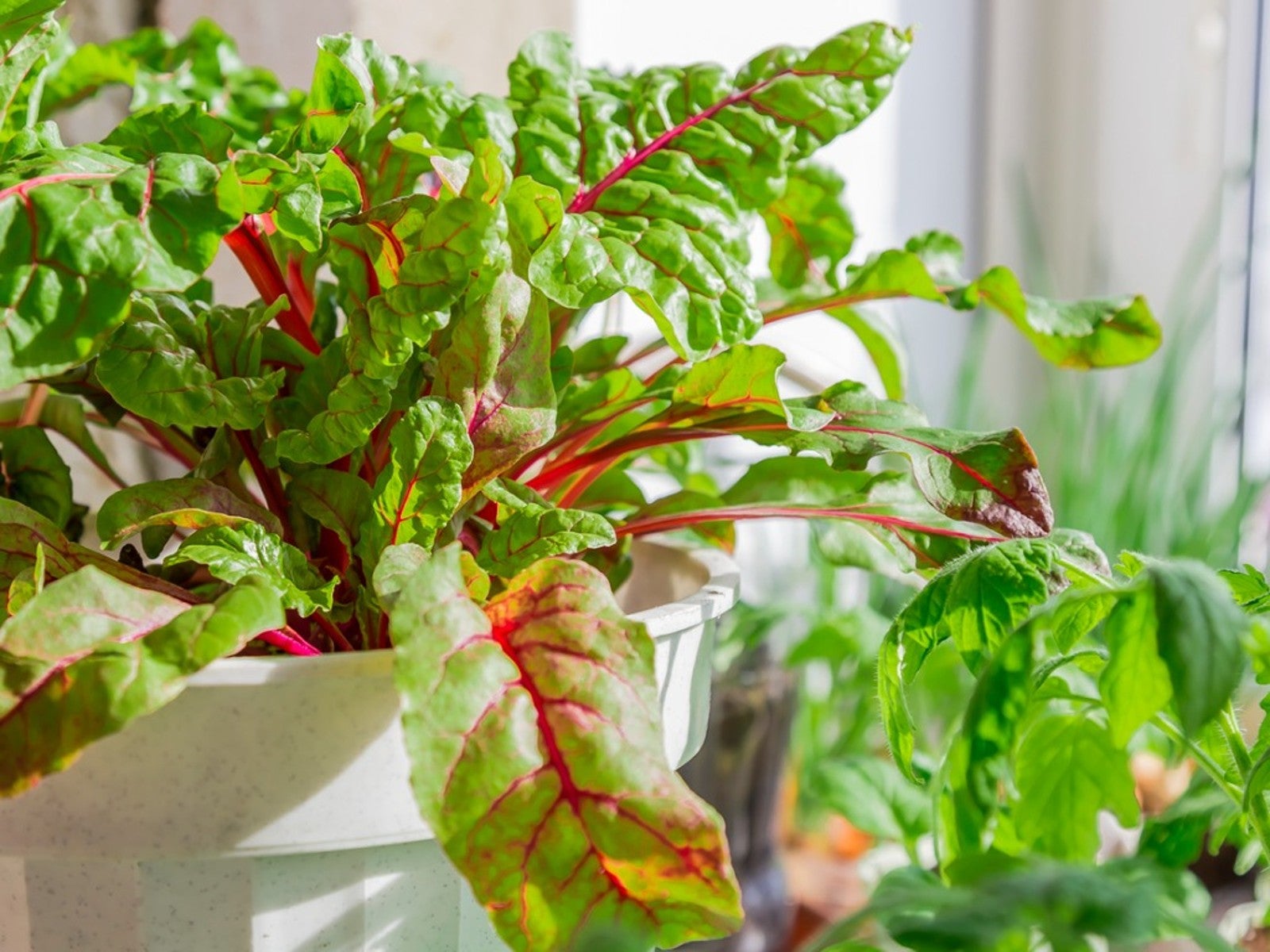 Swiss Chard Care In Pots – How To Grow Swiss Chard In Containers
Swiss Chard Care In Pots – How To Grow Swiss Chard In ContainersSwiss chard is not only delicious and nutritious but is also ornamental. As such, planting Swiss chard in containers does double duty; it provides a showy backdrop for other plants and flowers and makes for easy picking. Click here to find out how to grow Swiss chard in containers.
By Amy Grant